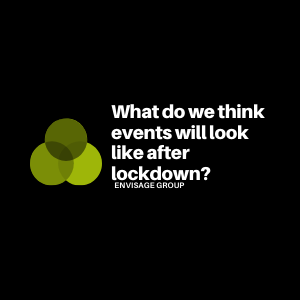Having a ‘Happy’ Christmas Christmas is a family time, a time of fun and happiness…
Mental Health and the Impact of COVID
2020 seems to have passed so slowly and yet, we are nearing the end of what can only be described as a tumultuous year. Lockdown and isolation led to many people being confined for long periods with little to no human contact. Being isolated from work and colleagues also impacted on many people, so how can we nurture our mental and emotional health during such uncertain times?
Understanding we are all at risk
Mental illness is not something that affects a certain type of person – it affects everyone. In recent years, we have started to acknowledge and talk more about emotional things that affect how we feel at certain times.
We all have days, sometimes weeks, where we feel listless, uncertain or out of control of things in life. Work can often be a large contributory factor.
Deadlines, travel, change in team dynamics and other work-related issues can play on our mind. In many cases, these are short term stressors that are resolved but there are times when work-related issues impact more heavily on mental health.
Isolation, lockdown and mental health
The global coronavirus pandemic will leave a scar on societies for years to come. It will leave scars on economies too, as well as across all areas of history.
Many people were advised to isolate to protect themselves and whilst this was a positive move in one sense, in another it was hard to do. Removing ourselves from contact with other humans removes a part of life that we didn’t realise how much we needed.
Businesses were advised to encourage employees to work from home where possible. If this wasn’t possible, employees were either considered key workers and continued to attend a workplace or they were furloughed, a scheme used by the Government to support businesses to pay employees whilst not at work.
All have consequences on the mental health of workers:
- Working from home – it sounds idyllic, sitting on the sofa in your pyjamas whilst continuing to work online. But for many, it was the stuff of nightmares. Children were off school too, minimising space and time needed to work. Loss of contact with colleagues impacted on mental health and many people found working from home an intrusion.
- Key workers – for many, working during the pandemic was ‘business as usual’. For other keyworkers, stress and pressure increased several-fold and they were busier than ever. There was also a new way of working, with PPE and other measures in place. Change is stressful and for many keyworkers, this has impacted on their mental health.
- Furloughed workers – again, the assumption is that this is idyllic, being paid to stay at home and watch TV and boxsets. But for many, this was not the case. Financial worries and concerns about whether they would have a job to go back to after lockdown.
Once lockdown ended, life didn’t go back to as it once had been. And we’re being counselled that there is more to come. This uncertainty could continue for some time to come.
Nurturing mental health
- Be kind – take time to try and switch off from the news, social media and work
- Get outside every day – even at the height of the first lockdown, people were encouraged to take exercise every day. A walk in the park, along the seafront, in woodland or anywhere outdoors
- Reach out – the hardest thing to do when you feel low is to reach out but there are people out there who can and will help. As well as trusted friends and family, reach out to these organisations:
https://www.mentalhealth.org.uk/
We need to believe that things will improve but that things may not return to what they were – and that we may need some help to adjust.



